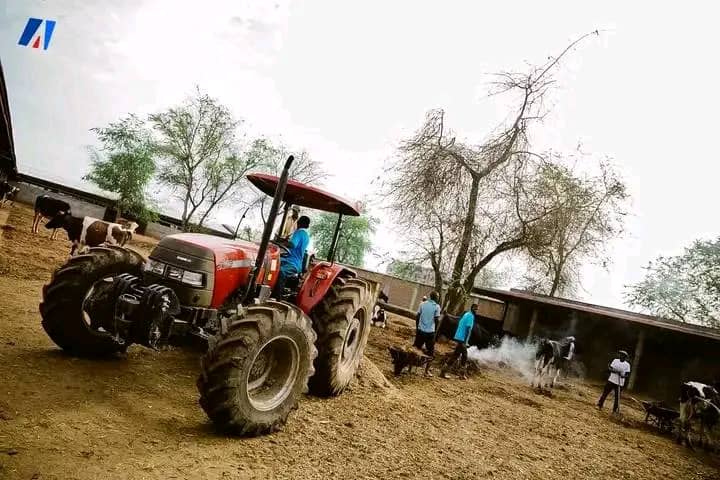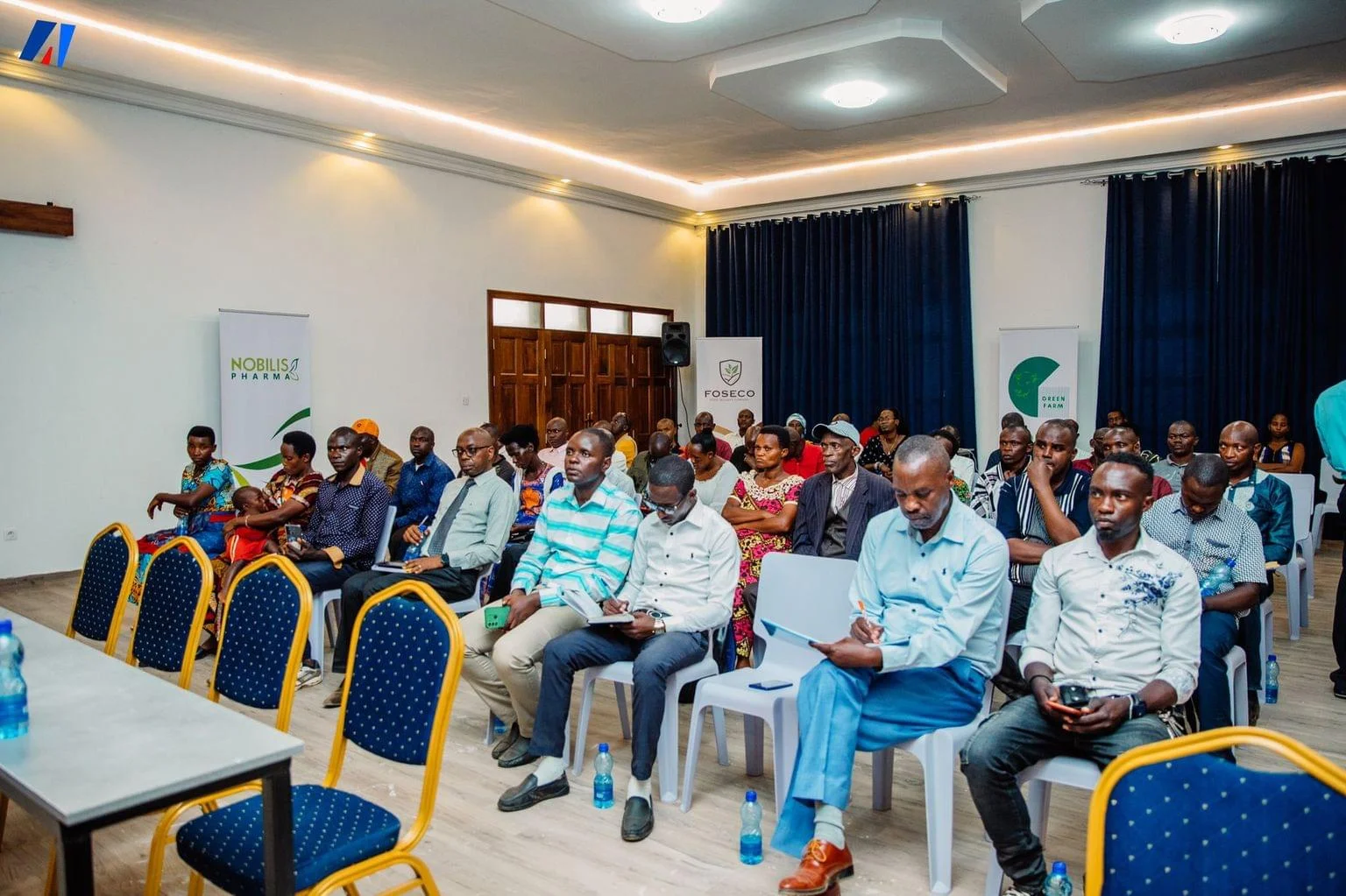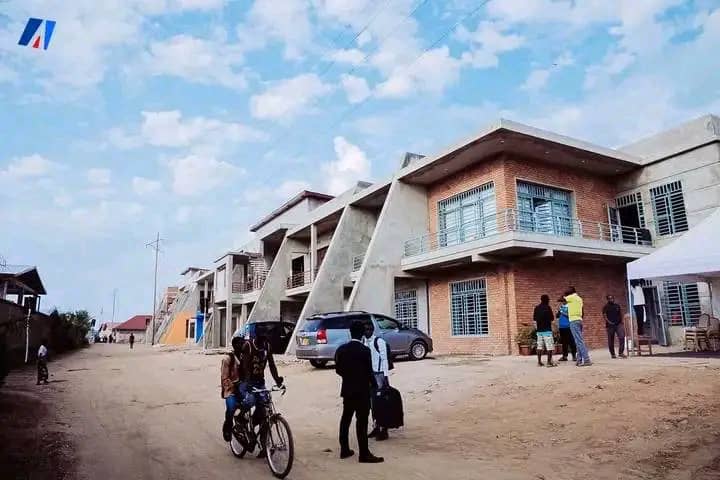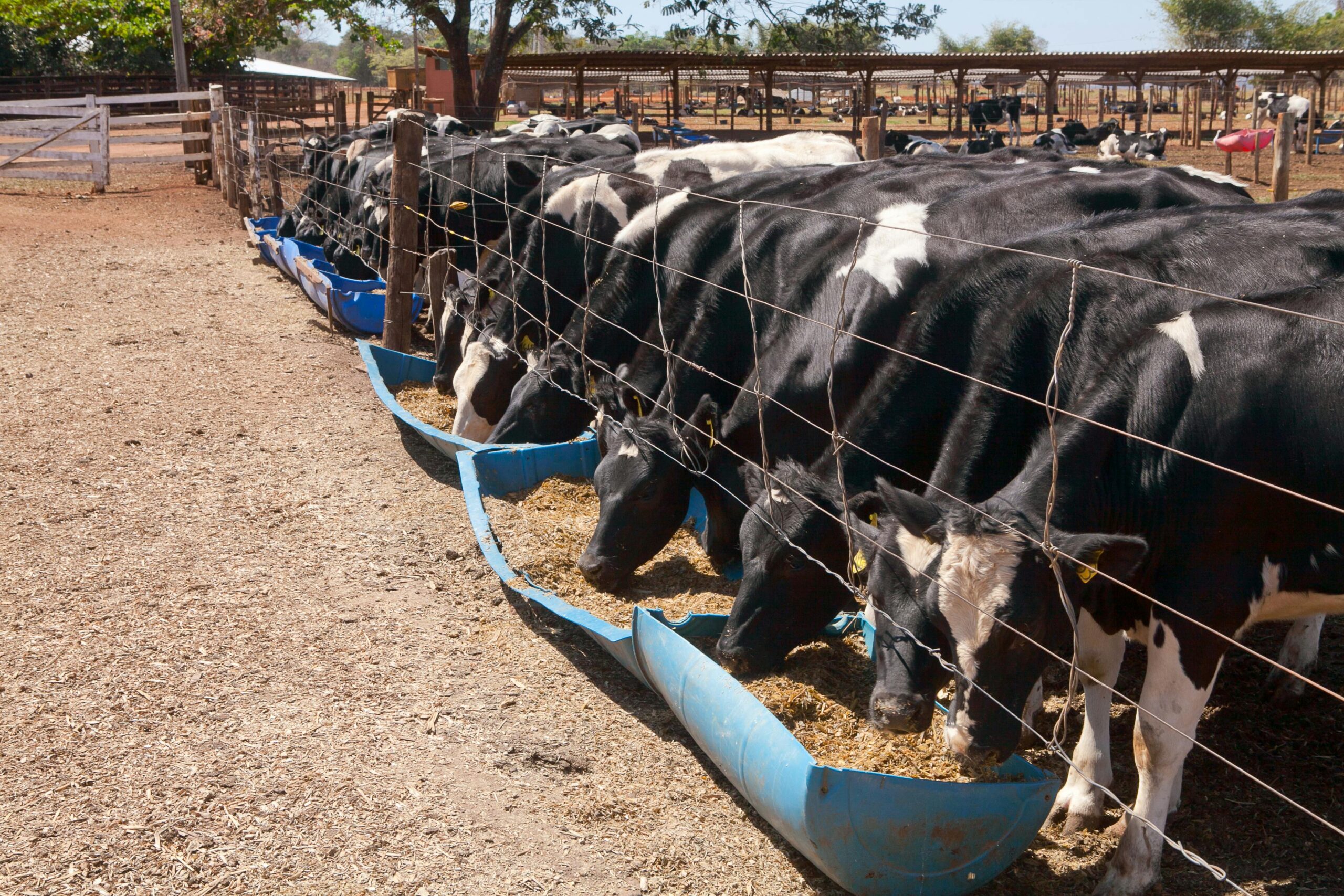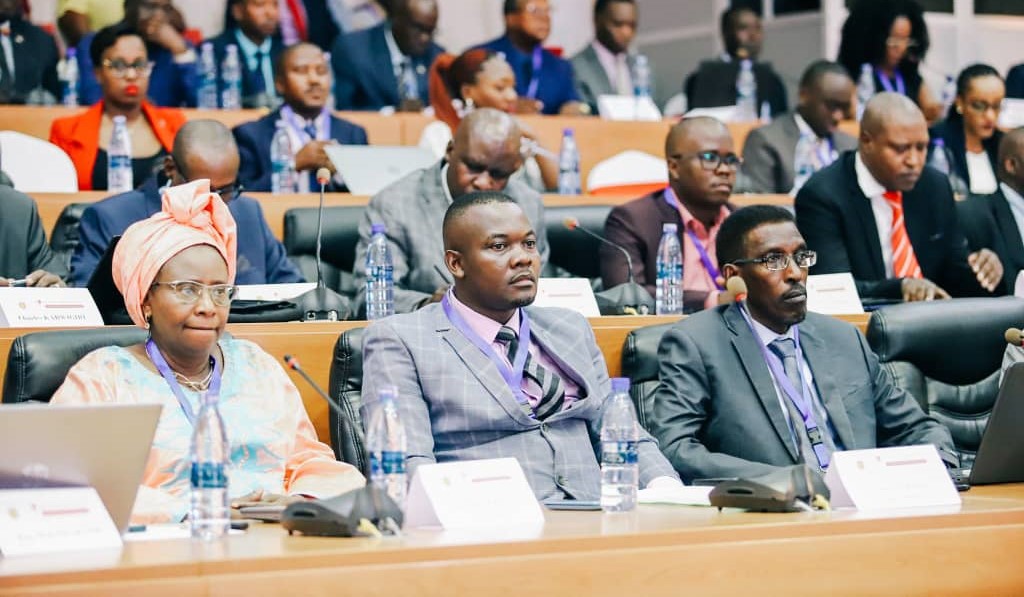
We offer offering community development support that takes a holistic approach, focusing on empowering communities to improve their quality of life and achieve sustainable progress.
1. Community Engagement and Needs Assessment:
- Participatory Rural Appraisal (PRA):
- Conducting participatory assessments to understand the community's needs, assets, and challenges.
- Using techniques like focus group discussions, community mapping, and problem tree analysis.
- Building Trust and Relationships:
- Establishing strong relationships with community leaders and members.
- Creating platforms for open communication and dialogue.
- Ensuring that community members feel heard and valued.
- Identifying Key Priorities:
- Collaboratively identifying the community's most pressing needs, such as access to clean water, education, healthcare, or economic opportunities.
- Prioritizing projects based on community needs and available resources.
2. Capacity Building and Empowerment:
- Leadership Development:
- Providing training in leadership skills, governance, and community mobilization.
- Supporting the formation of community-based organizations and committees.
- Skills Training:
- Offering vocational training in areas like agriculture, construction, carpentry, tailoring, or computer literacy.
- Equipping community members with skills to improve their livelihoods.
- Financial Literacy and Microfinance:
- Providing training in financial management, budgeting, and savings.
- Facilitating access to microfinance and savings and credit groups.
- Health and Hygiene Education:
- Conducting workshops on health and hygiene practices, including sanitation, nutrition, and disease prevention.
- Promoting access to healthcare services.
3. Infrastructure Development:
- Water and Sanitation:
- Constructing or rehabilitating water wells, boreholes, and sanitation facilities.
- Promoting community-managed water systems.
- Education and Healthcare Facilities:
- Building or renovating schools, clinics, and community centers.
- Providing resources and equipment for these facilities.
- Roads and Transportation:
- Improving access to roads and transportation to facilitate trade and access to services.
- Renewable Energy:
- Facilitating the installation of solar power for community buildings, or water pumps.
4. Economic Development:
- Supporting Small Businesses:
- Providing training in business planning, marketing, and entrepreneurship.
- Facilitating access to markets and value chains.
- Promoting Sustainable Agriculture:
- Introducing climate-resilient farming techniques and improved crop varieties.
- Supporting the development of agricultural cooperatives.
- Creating Employment Opportunities:
- Developing programs that create job opportunities for community members.
- Supporting the development of local industries.
5. Social Development and Inclusion:
- Promoting Gender Equality:
- Empowering women and girls through education, skills training, and leadership development.
- Addressing gender-based violence and discrimination.
- Supporting Vulnerable Groups:
- Providing support to orphans, widows, people with disabilities, and other vulnerable groups.
- Promoting social inclusion and equity.
- Conflict Resolution and Peacebuilding:
- Facilitating dialogue and conflict resolution mechanisms.
- Promoting peacebuilding initiatives.
6. Monitoring, Evaluation, and Sustainability:
- Community-Based Monitoring:
- Developing systems for community members to monitor and evaluate the progress of development projects.
- Ensuring that projects are accountable to the community.
- Building Local Ownership:
- Ensuring that communities have the capacity to manage and sustain development projects over the long term.
- Promoting local ownership and responsibility.
- Knowledge Sharing and Replication:
- Documenting best practices and lessons learned.
- Sharing knowledge and experiences with other communities.
Key Principles:
- Participation: Ensuring that community members are actively involved in all stages of the development process.
- Empowerment: Building the capacity of communities to take control of their own development.
- Sustainability: Promoting development that is environmentally, socially, and economically sustainable.
- Equity: Ensuring that all community members have access to resources and opportunities.
- Collaboration: Working in partnership with local governments, NGOs, and other stakeholders.




We are a community organization that supports households and rural development stakeholders by building capacity, skills transfer and facilitating access to resources. Our work aims at ensuring inclusive development and sustainable food systems within the community.
OUR GALLERY :
